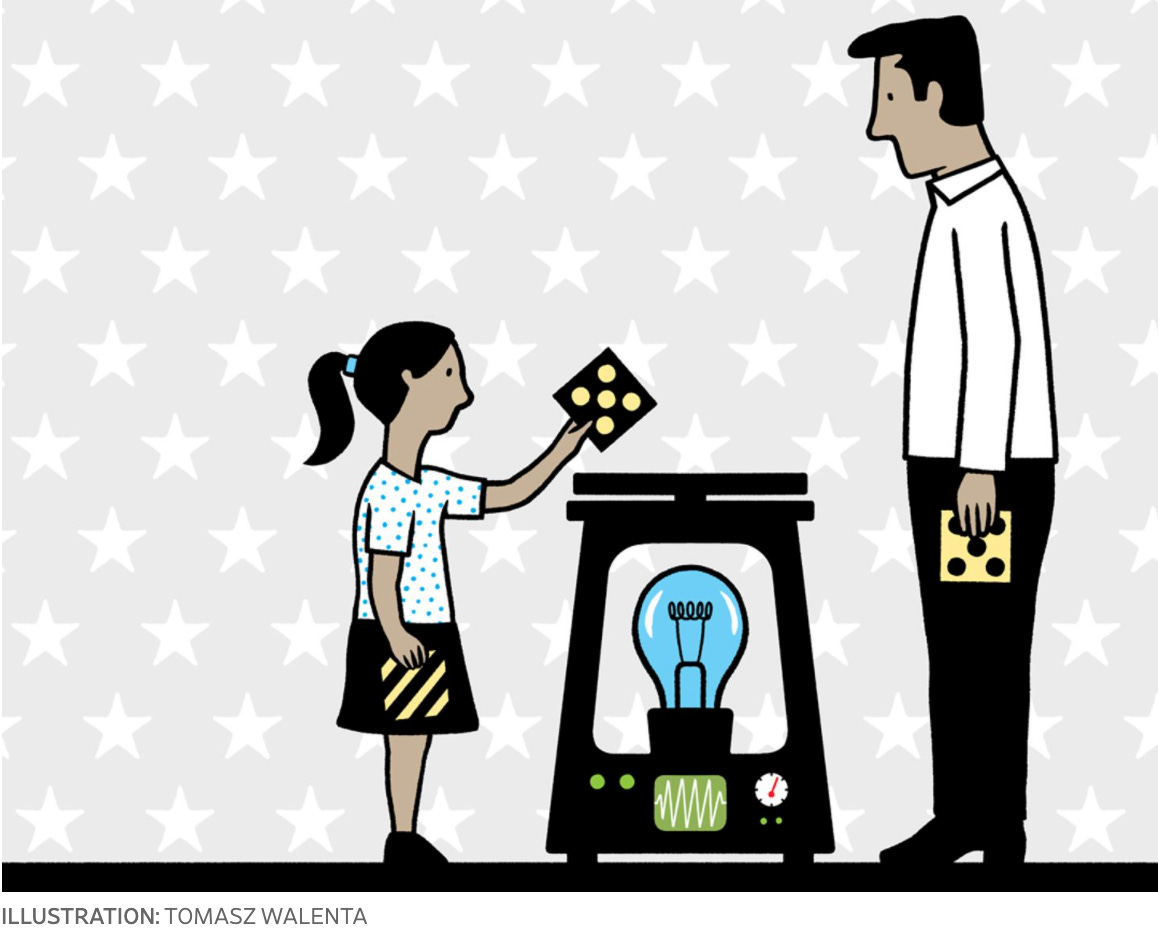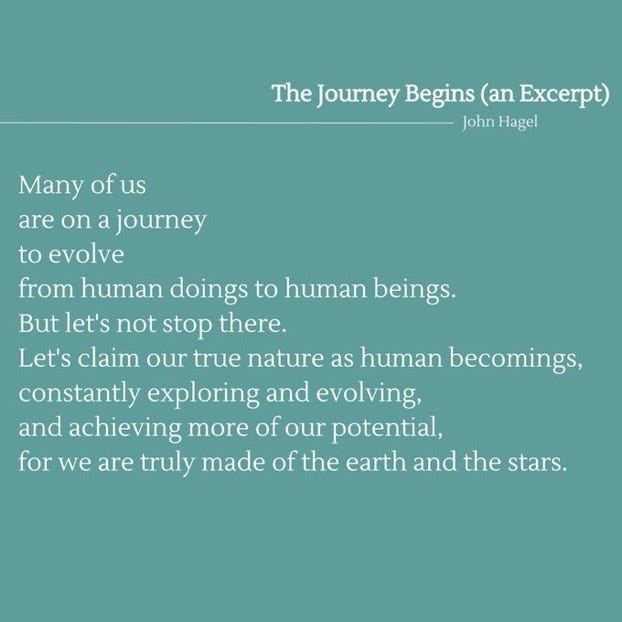Dear Small Talker,
Welcome to the thirty-fifth edition of Small Talks. Every Friday, I highlight 6 areas of weekly joys and reflections in early childhood and the whole family. Small Talks leverages my experience at the intersection of education, philanthropy and impact investing. Enjoy!

What I’m celebrating -
“High-quality early child care and education: The gift that lasts a lifetime” by the Brookings Institute highlights the long-term benefits from early childhood education. The future of work & society = investing in early learning.
A global call to Action: our Climate is our children's future https://covidaction.ecdan.org/climatechange
This new research on cognition by Alison Gopnik on why children learn better than adults - by exploring and gathering more information, instead of leaping to conclusions.
Humbled and truly honored to be awarded the “Inclusive Leader Award - Early Childhood Education 2021” by GlobalMindED’s Oscars of Diversity, Equity and Inclusion, to be introduced by 2020 recipient Portia Kennel, to join a remarkable group of diverse leaders, and to share a few words on the early childhood crisis. If you missed it (or want to rewatch):
What I’m listening to -
EdSurge podcast features Elliot Haspel, author of the 2019 book “Crawling Behind: America’s Childcare Crisis and How to Fix It”, who discusses the crisis in early childhood education, and the potential biggest policy change — and investment — in early childhood in decades currently debated in Congress.
What I’m reading -
I enjoyed this children book “How do I learn” by Dr. Kripa Sundar, teaching our littlest learners and families the science of learning: an impactful approach.
What I’m watching -
The Hunt Institute organized an “all-star” research panel moderated by Dan Wuori for a discussion on the debate that has been raging over the long-term effects of early childhood education. Two big takeaways:
The evidence is now clear that quality early childhood education has BIG impact on both Kindergarten readiness and adult life.
The fade-out effects in elementary/middle school can be mitigated with high quality teachers+schools (currently only 9% of children have both).
What I’m learning and exploring more deeply -
This international survey (across 11 countries) found curiosity and persistence were the strongest predictors of academic success in both math and reading for both children and teenagers.
Great oped in the Hill by Shai Fuxman at EDC “Our children are facing a mental health crisis — we can and must address it today”.
Dr. Phil Fisher and Dr. Joan Lombardi have been surveying families with children under 5 weekly since the onset of the pandemic. Key findings include:
Emotional distress of parents and children are intertwined.
Emotional distress of families is linked to hardships, as summarized in this recent piece titled“Helping Families Meet Basic Needs Enables Parents to Promote Children’s Healthy Growth, Development”.
Important perspectives by Peter Greene on the importance of play under this provocative title- “Universal pre-K: Can the Feds Build It Without Messing It Up?”
Insightful piece on the human brain - upshot is that it is NOT a computer.
Poem I am pondering -
Feedback is a gift. Which part above is your favorite? What did I miss? What do you want more or less of? Other recommendations? Please kindly let me know. Thank to all all of you who are sending me amazing suggestions.
If you enjoy this newsletter, please help spread the word by sharing with your friends, colleagues, and networks.
Have a wonderful week. Please stay safe and care for each other.
Isabelle
Erratum: In last week’s newsletter, Dr. Autumn Green’s name was misspelled. The unfortunate error has been fixed in the online version of Small Talks.








